IMF Deputy Managing Director Bo Li visits Mozambique, meets President in Maputo
Ratings downgrade for Mozambique threatens its recent significant growth – South African analyst
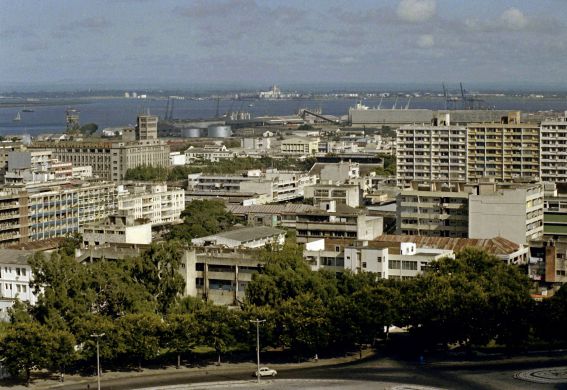
Mozambique has routinely been cited as a prime case in example in the “Africa rising” narrative, much to SA’s reputational loss. Over the past two decades Mozambique has experienced significant economic growth at a pace matching that of other rapidly growing economic powerhouses such as India and China.
Mozambique has been able to grow at plus 7% consistently, a proud anomaly among its neighbours.
Like much of the African continent the drop in commodity prices has affected the country, as commodity extraction is a key economic driver. Mozambique, unlike other countries, however, is still forecasted to grow at 8.1% in 2016 according to African Economic Outlook.
The recent resurgent tension between the government and Renamo militia has escalated in the Tete region of the country, an unfortunate source of potentially destabilising growth. The region is home to Mozambique’s coal deposits and the Nacala logistics corridor. The corridor is responsible for linking Malawi and Zambia to the Indian Ocean in Mozambique and invaluable trade route for the land locked countries.
Although there have been previous clashes in 2013 resulting in a cease fire, the current clashes are occurring in a more financially precarious situation. On March 15, Moody’s downgraded Mozambique’s issuer rating from B2 to B3.
The ratings agency noted that the key reason for the downgrade was “Mozambique’s deteriorating balance of payments position and reduced capacity for the government to service its outstanding debt, as evidenced by declining foreign exchange reserves of the Bank of Mozambique and the government’s decision to initiate a debt exchange offer to reduce the drain on foreign exchange reserves in coming years.”
The resulting downgrade coupled with the clashes has also resulted in refugees fleeing Mozambique to neighbouring Malawi. Since December, in excess of 6,000 Mozambicans have fled the country to refugee camps across the border.
Mozambican authorities have sought to have their citizens return, but who would leave their own homes unless their lives were threatened? This is another potential source of tension for the Malawian government and the United Nations refugee agency, UNHCR, which aim to protect those fleeing.
Hopefully the clashes with the militia can be resolved quickly and peacefully as Mozambique continues its meteoric economic growth as a true “Africa rising” story. Amid its already established coal mining and electricity generating capacity in the Tete region, Mozambique is still yet to scratch the surface of its growth potential developing its liquefied natural gas projects, which would make it the third-largest exporter in world upon completion and full capacity. SA would benefit from this.
What we can hope for at the moment is that Mozambique is able to focus on its Regional Spatial Development Initiatives Programmes and Growth Poles, which have worked wonders for the country so far. The economic woes can be managed through economic prudence and maintaining and establishing uninterrupted peace, countrywide. Political woes within the country, though small at the moment, hopefully do not spill over and contaminate the progress achieved. Mozambique deserves to rise.
By Chiziwiso Pswarayi
* Pswarayi is a researcher and political-economic analyst


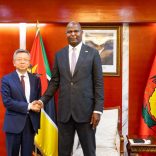
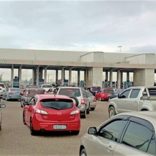
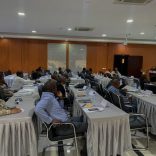

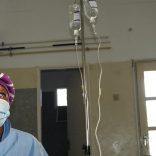





Leave a Reply
Be the First to Comment!
You must be logged in to post a comment.
You must be logged in to post a comment.